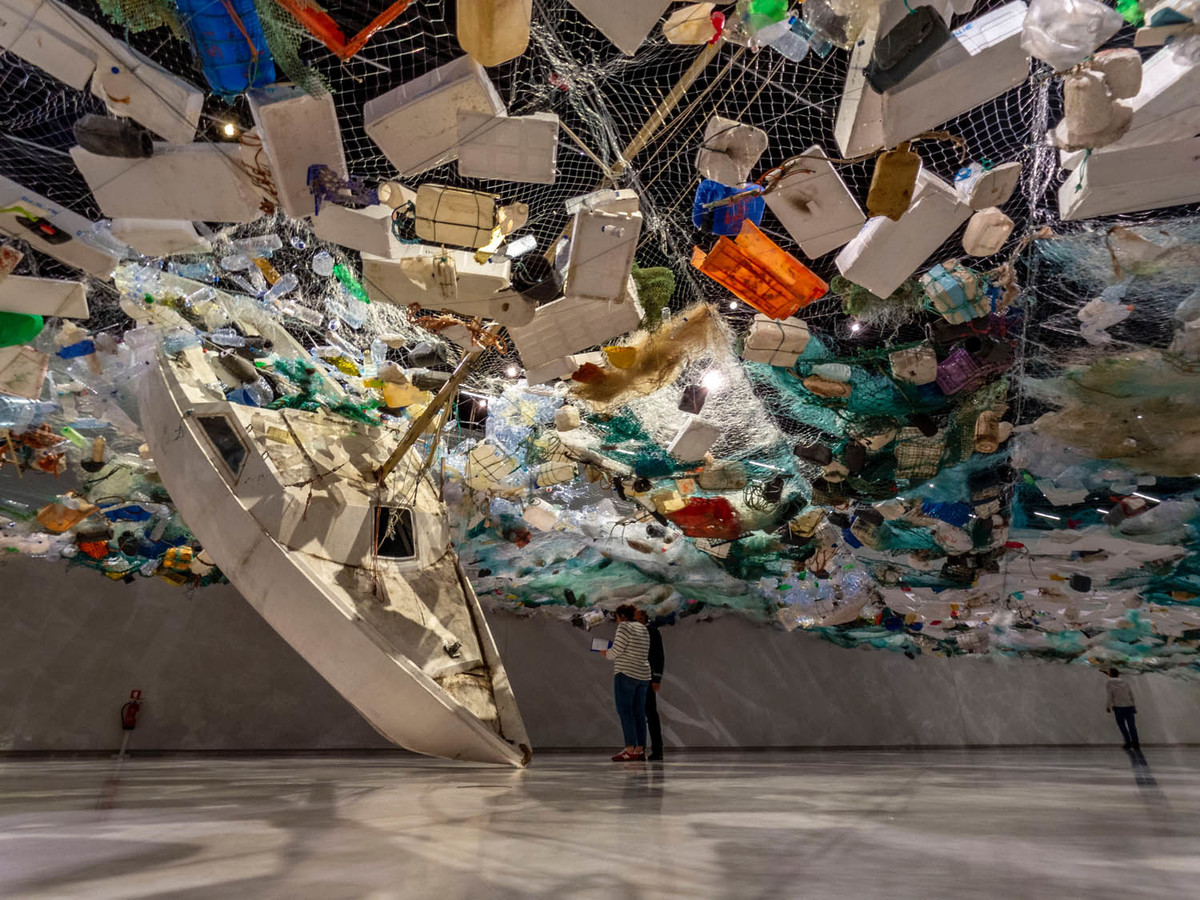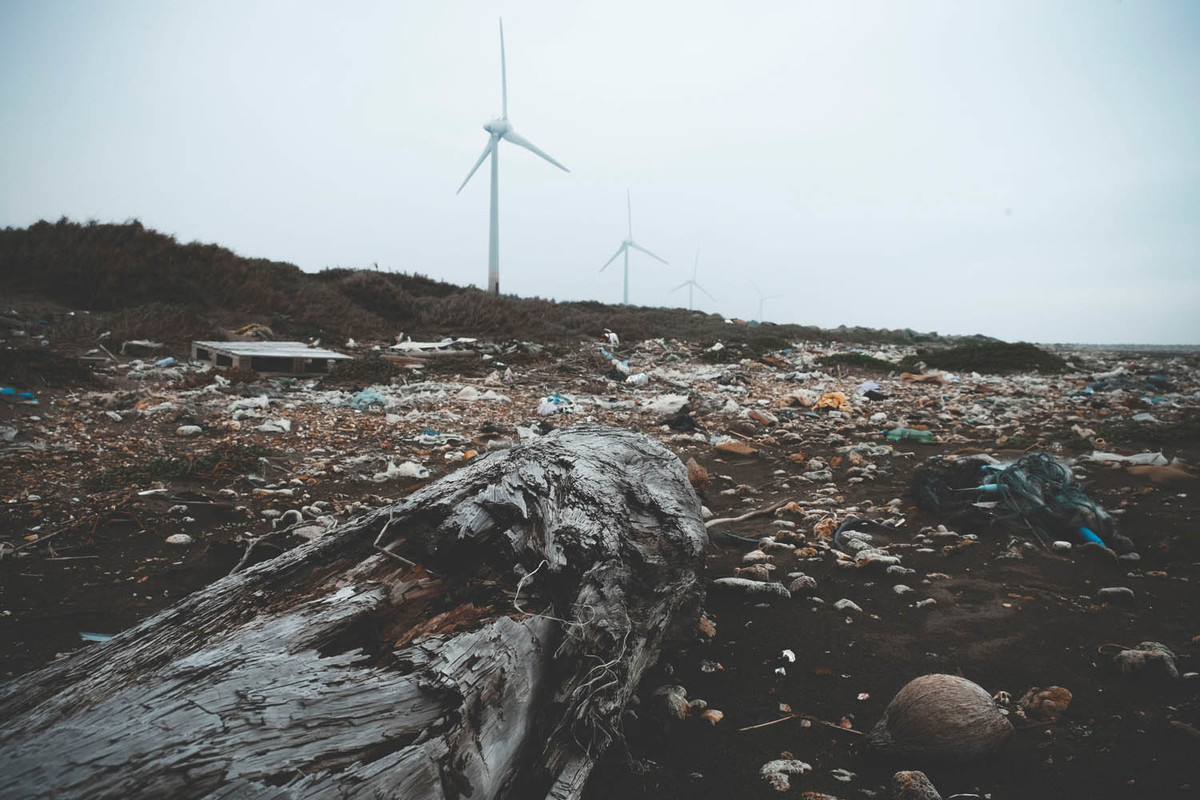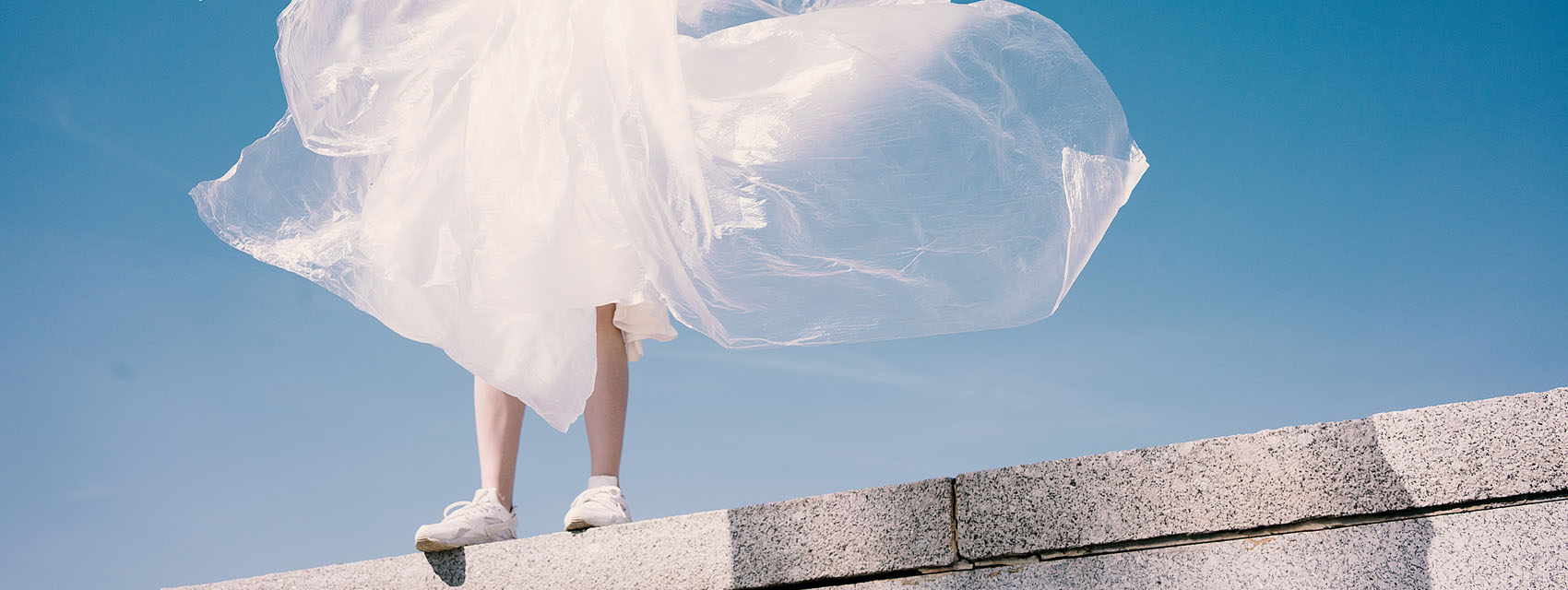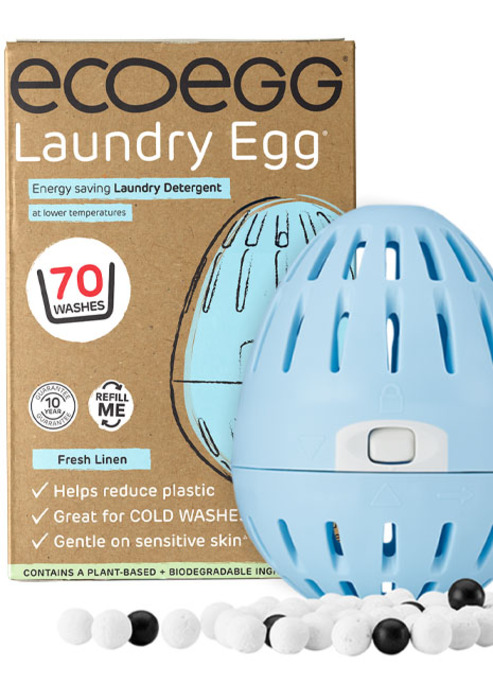Why Paper Straws Won’t Solve Our Plastic Crisis
Let’s save the ocean.
By now everyone knows that the ocean is overflowing with plastic: 150 million tonnes of it are added each year. In England, we use around 4.7 billion plastic straws, 316 million plastic stirrers and 1.8 billion plastic cotton buds every single year. Despite the recycling system that is place, these types of plastics frequently slip through the cracks and end up dumped in the ocean. By dumping plastic in the ocean we are responsible for the death of over one million birds and 100,000 sea mammals who consume or become entangled in the waste.
The UK government announced a ban on plastic straws, stirrers and cotton buds, coming into effect in spring 2020, to try and combat the plastic crisis. While it’s good that these policies are being made, it is still not enough to combat the problem. In order to reduce ocean contamination, we must cut down in plastic in all aspects of our lives.

What’s the issue with plastic?
Plastic is a problem due to how long it takes to decompose. A plastic bottle can take 450 years to break down, while plastic bags can take anywhere from 10-100 years.
Once the plastic is in the sea it will break down into microplastics, which are then mistaken as food by marine life allowing it to enter the food chain. This means that when we consume fish and other sea creatures we may bring eating bits of plastic. When large pieces of plastic are consumed by sea creatures and birds it can fill up their stomachs, stopping them from eating nutritious food, or its disrupts their digestion and leads to their organs rupturing and then death.
The war on straws was started by the infamous video of a turtle with a straw stuck in its nostril. Plastic straws are now hated as they are designed to be used once then thrown away, they are virtually impossible to recycle due to their small size and therefore frequently end up in the sea. However, straws only account for 0.3% of plastic waste.
The success of the campaign against straws has led to several major retailers banning them and companies creating easily accessible replacements such as the metal straw.

What can we do?
- Make sure to always bring a tote bag, travel mug and water bottle with you, which are all easy ways to reduce plastic waste.
- Try to purchase local produce, which means less packaging and also helps out the community.
- Try and choose products in glass or cardboard packaging over plastic as they can be recycled for more easily.
- Bring your own food into work by using Tupperware or wax wraps which are made of beeswax and can replace cling film and kitchen foil.
- At work look into ways to cut down on the companies plastic use.
Next up, How I Switched To A Fully Eco-Friendly Beauty Routine












